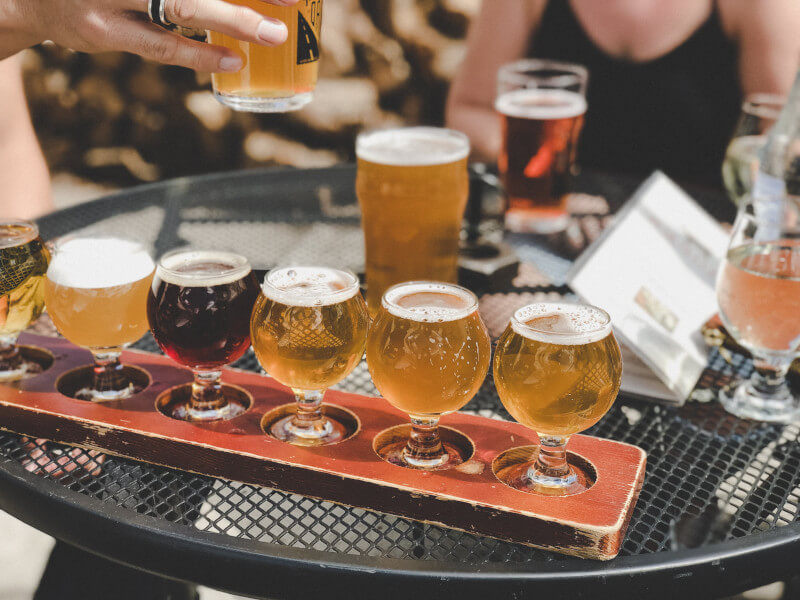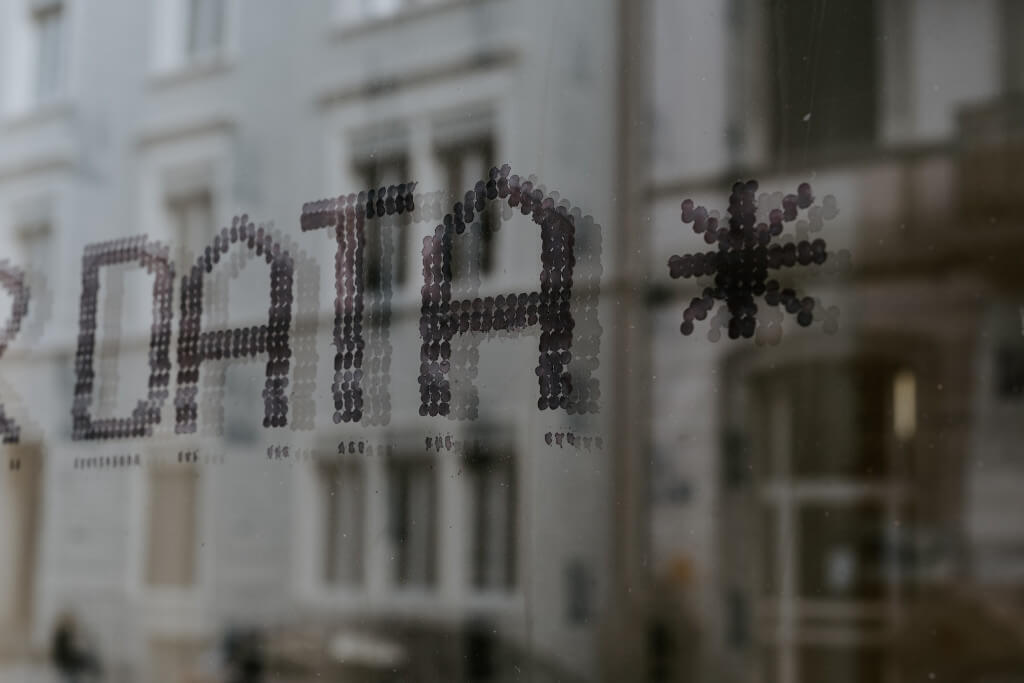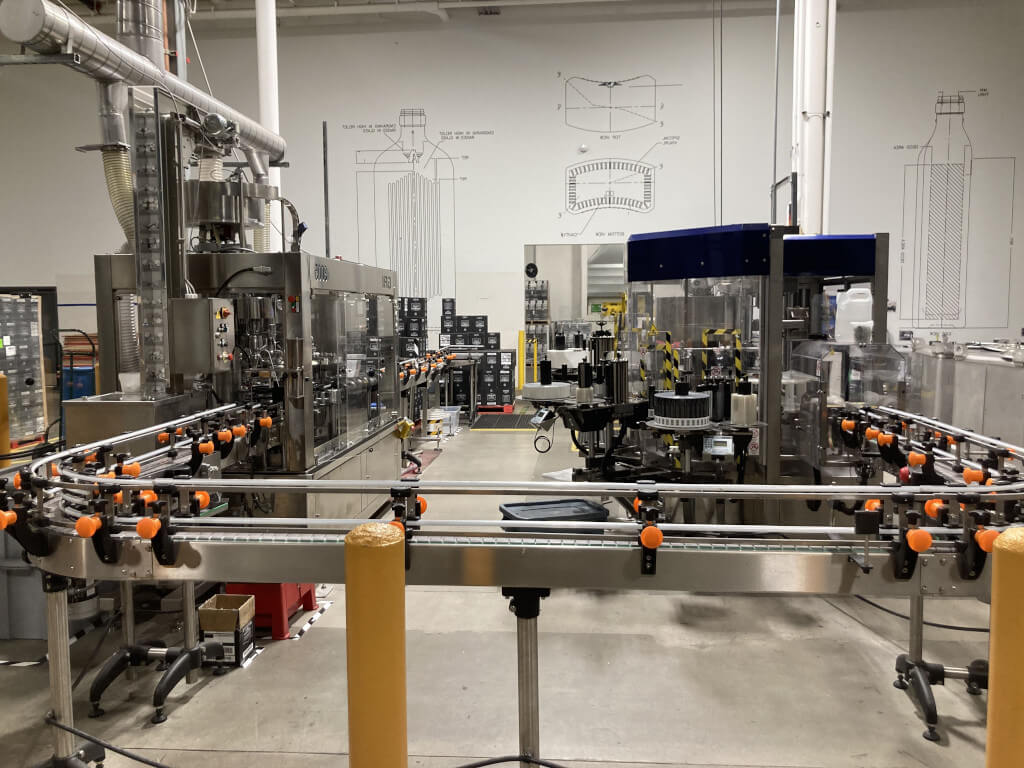To some, “Big Data” might sound like another technical buzzword. Yet, its implications and applications, particularly in the distilleries sector, are profound. At its core, Big Data refers to the vast and ever-growing amounts of information generated every moment, from every digital device, platform, and application globally. It’s more than just sheer volume, though. The uniqueness of Big Data lies in its variety, velocity, and the veracity of information it can capture.
The Magnitude of Big Data
Let’s first get a grip on the sheer volume we’re talking about. By 2025, a staggering 200 zettabytes of data will be at our fingertips. Each zettabyte equals a whopping sextillion bytes! The main contributors? Our everyday devices like smartphones and our constant posts likes, and shares on social media. Each day we’re collectively producing 2.5 quintillion bytes. Mind-boggling, right?
But why does this matter for distilleries?
- Rich Information Source: Unlike traditional market research that often relies on limited samples and periodic surveys, Big Data pulls real-time information from varied sources. This could range from social media mentions about a particular spirit to online reviews and sales data. The result? A more comprehensive and accurate picture of what the market feels and wants.
- Predictive Insights: With the right analytical tools, Big Data isn’t just about understanding the present. It can anticipate future trends. For distilleries, this could mean forecasting which flavor profiles might become popular next season or gauging the potential success of a new product launch.
- Enhanced Customer Experience: By analyzing data patterns, distilleries can gain insights into customer preferences. For instance, if data indicates a surge in interest in eco-friendly or organic spirits among a certain age group, distilleries can refine their product offerings or marketing strategies accordingly.
- Operational Efficiency: Beyond branding, Big Data can aid distilleries in optimizing their operations. Analysis can reveal patterns in raw material usage, fermentation times, or even sales cycles, helping distilleries streamline their processes and reduce wastage.
- Competitive Edge: In the age of information, knowledge truly is power. Distilleries that harness the insights from Big Data can position themselves more effectively in the market, making them more resilient to shifts in consumer preferences or industry challenges.
The Golden Ticket for Distilleries
Amid this data tsunami, distilleries find themselves in a unique position. The potential to understand their audience better and make more informed branding decisions is at their doorstep. Daniel Yaffe from AnyRoad, a company that specializes in data interpretation, notes, “Data can fortify the bond between a brand and its consumers.” It’s about transforming casual buyers into dedicated supporters of a brand.
Traditionally, the distilling industry might have held a romantic view of business, relying heavily on time-tested methods and the allure of craftsmanship. However online sales data has shifted this paradigm. According to Wylie Donaho from Big Thirst, Inc., a marketing company based in Austin, “Without utilizing online sales data, you’re essentially navigating without a compass.”
Making Data Digestible
The challenge, however, lies in discerning actionable insights from a vast sea of numbers. This is where analytical firms come into play. They sift through the noise, pulling in data from various sources – from online purchases to feedback forms. They then employ tools like predictive analytics to paint a comprehensive portrait of consumer behavior.
But distillers needn’t get bogged down by the technicalities. As Yaffe points out, you don’t need to know the inner workings to benefit from the results. Just like driving a luxury car without being a mechanic.
Big Data’s Economic Boon to Distilleries
The adoption of Big Data isn’t merely an operational decision for distilleries; it’s an economic strategy that promises tangible returns. Distilleries are, at their core, businesses, and the financial motivations behind decisions cannot be understated. With the integration of Big Data, distilleries are opening doors to new economic horizons.
One immediate advantage is the optimization of supply chain management. According to research by the McKinsey Global Institute, companies that leverage data-driven supply chains enjoy a 20% reduction in costs, compared to their non-data-driven counterparts. For distilleries, this can translate into massive savings. Precise data allows distilleries to forecast demand better, ensuring they neither underproduce (missing out on potential sales) nor overproduce (leading to wastage or increased storage costs).
Distilleries traditionally invest significantly in market research to understand trends and customer preferences. Big Data streamlines this, offering real-time insights without the need for separate, often expensive, research endeavors. A report by Accenture highlighted that high-performing businesses, ones that used Big Data analytics, could increase their ROI by up to 10%. Distilleries stand to gain from this trend by making investments that are more informed and thus, more likely to yield positive returns.
Then There’s the Marketing Aspect
Traditional advertising campaigns can be a significant drain on resources with uncertain outcomes. Big Data aids in refining marketing strategies by identifying which channels are most effective and which demographics respond best to certain types of advertising. According to a study by the Data & Marketing Association, data-driven marketing can lead to a 5-6 times higher ROI than conventional marketing methods. For distilleries, especially smaller ones that may not have vast marketing budgets, this can be a game-changer, ensuring every dollar spent has the maximum impact.
The risk reduction to the spirits industry, like any other, isn’t immune to market fluctuations or changing consumer habits. Big Data can offer predictive insights, allowing distilleries to foresee potential downturns or shifts in consumer preferences. According to a report by Bain & Company, companies using predictive analytics can decrease costs by up to 15% and increase productivity by as much as 20% by mitigating risks ahead of time.
The Tangible Impact of Data
For distilleries, this data is a treasure trove. At its simplest, it reveals which products are flying off the shelves and pinpoints hotspots of sales activity. Look further, and distilleries can zoom into specific customer profiles, gleaning details on preferences based on age, gender, income, and even habits.
For instance, Hangar 1 distillery in Alameda, California, found surprising insights that challenged conventional wisdom. Emily Webster, their sales and marketing manager, observed that while they might have imagined their primary audience to be younger folks, data suggested that older, high-income women showed a stronger inclination towards their products.
Personalizing the Customer Experience

Armed with these insights, distilleries can significantly boost their branding game. After a hiatus due to global events, consumers are now more discerning about where they spend their time and money. Kate Jerkens from the Uncle Nearest distillery in Tennessee mentions the heightened expectations people now have. And the data is helping distilleries rise to the challenge.
Distilleries are leveraging this rich data to craft unique, memorable experiences for their visitors. Hangar 1 distillery, for instance, took cues from upscale wine tastings and now offers paired tastings with gourmet offerings like cheese and caviar. Emily Webster believes this not only endears the product to customers but also the entire brand atmosphere. Through personalizing the customer experience with Big Data, it can offer even more benefits to the consumers:
- Ethical and Transparent Practices: Modern consumers often seek transparency and ethical practices from brands they support. Distilleries, through Big Data, can monitor and ensure the sustainability and ethics of their supply chain, from sourcing ingredients to production practices. Sharing such data-backed practices with consumers fosters trust and loyalty.
- Streamlined Communication: Distilleries can use Big Data to discern which communication channels resonate most with their audience, be it social media, email newsletters, or traditional advertising. This ensures consumers receive information about new launches, events, or promotions through their preferred mediums, enhancing engagement.
- Improved Product Quality and Variety: By analyzing real-time feedback and reviews, distilleries can continuously refine their offerings. They can quickly identify if a particular batch or flavor isn’t resonating well or if there’s a growing demand for a new type of spirit. This proactive approach ensures consumers always get the best in terms of quality and choice.
The Gaps and the Way Forward
However, it’s essential to mention that while data provides valuable direction, human judgment remains invaluable. For instance, data at the Uncle Nearest distillery showed a skew towards female visitors. Yet, Jerkens posits that this could simply be because women often handle travel arrangements, highlighting the importance of a nuanced approach.
Some facets of the distilling sector remain less transparent due to current systems. Depletion reports don’t always provide real-time insights. And there’s a gray area when it comes to advertising alcoholic products online.
Yet, these minor challenges pale in comparison to the transformative power of data. As Wylie Donaho aptly summarizes, “Our aim isn’t to commercialize personal information. It’s about seamlessly connecting individuals with the spirit they’ll cherish.”
The wave of Big Data is reshaping the distillery industry, pushing brands to be more insightful and adaptive. Those willing to leverage these insights will undoubtedly lead the next chapter in the world of spirits.





